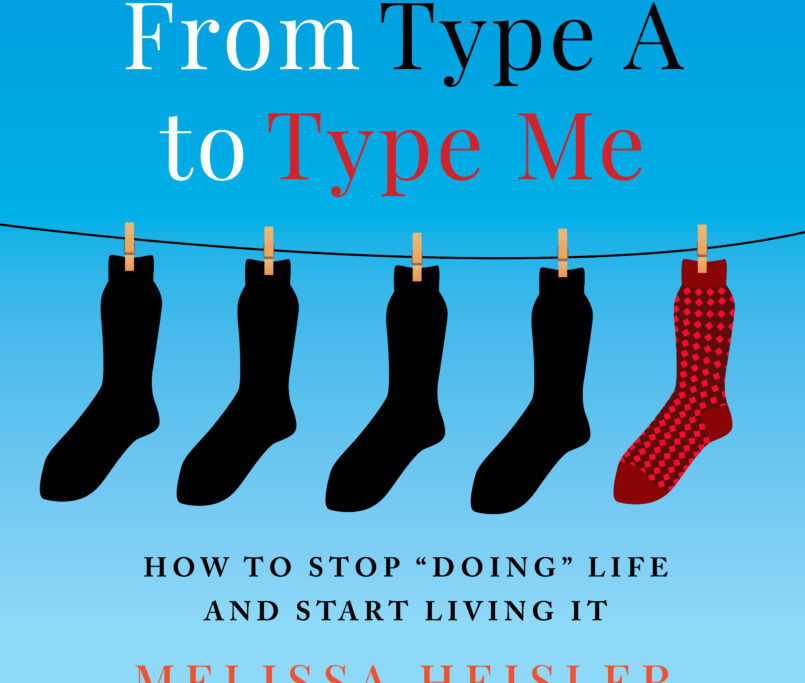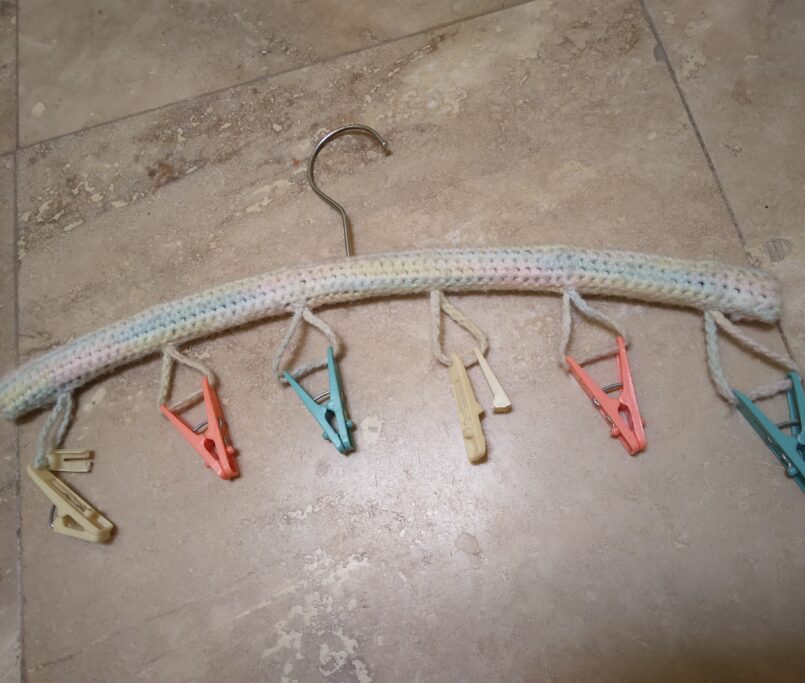Death to Multitasking
I love going to Mexico. For every task, there is a “guy” who does it. They do not have jack-of-all-trades handymen. If you are working on your house, you do not call one person, but have to contact a separate plumber, electrician, and painter. And it is not just about home repairs. If you need your shoes shined, there is a guy for that. Our Mexican friend would never consider shining her own shoes; it is not her role and she would be taking away someone else’s job. She looks at us with a quizzical face when we talk about how much we do on our own. If you need a key made in Mexico, you don’t go to Ace but to the locksmith. If you need supplies for dinner, you have to make three stops to the carnicería (butcher), the tortillera (tortilla bakery), and verduleria (vegetable market). For every task, there is a specialist, a professional who gets it done. But not in America, we do it all ourselves.
We are a country of over-responsible, over-committed, overwhelmed multitaskers.
 Our professionals are not specialists but generalists accepting every challenge given to them. As individuals, we are not focused on just one role but many. Now with the advent of technology, we have the ability to do everything ourselves, and we do. Neuroscientist Daniel J Levitin points out, “Thirty years ago, travel agents made our airline and rail reservations, salespeople helped us find what we were looking for in shops, and professional typists or secretaries helped busy people with their correspondence. Now we do most of those things ourselves.” Think of all you can do at your fingertips: order groceries to be delivered, create your own business cards, research apartment listings, create an ad to sell items, and a host of other tasks. As I write this post, I am also having a conversation with my sister on Facebook and watching an online auction (and because of this, the article is taking three times longer to write). We pride ourselves on doing everything ourselves all at once. Adding technology’s constant connectivity and expectation of immediate response to this ability to do more ourselves, becomes a recipe for disaster.
Our professionals are not specialists but generalists accepting every challenge given to them. As individuals, we are not focused on just one role but many. Now with the advent of technology, we have the ability to do everything ourselves, and we do. Neuroscientist Daniel J Levitin points out, “Thirty years ago, travel agents made our airline and rail reservations, salespeople helped us find what we were looking for in shops, and professional typists or secretaries helped busy people with their correspondence. Now we do most of those things ourselves.” Think of all you can do at your fingertips: order groceries to be delivered, create your own business cards, research apartment listings, create an ad to sell items, and a host of other tasks. As I write this post, I am also having a conversation with my sister on Facebook and watching an online auction (and because of this, the article is taking three times longer to write). We pride ourselves on doing everything ourselves all at once. Adding technology’s constant connectivity and expectation of immediate response to this ability to do more ourselves, becomes a recipe for disaster.
Our brains are not wired to do as much as we are. We are not built to handle multiple projects at once. We think we can be at the same time mother-professional-philanthropist or do at the same time driving-texting-parenting, but we can’t. What is actually happening is we are rapidly switching between each role or task. And every time we switch, we are producing more cortisol, the stress hormone that clouds our mind, messes with the functioning of our brain, and negatively affects our physical body. According to Glenn Wilson professor of psychology at Gresham College, multitasking reduces cognitive abilities more than smoking marijuana does. Our multitasking is killing us.
Maybe it is time to slow down.
On our visits to Mexico, we immediately experience a slower way of life. No one is rushed, unless they are a visiting Gringo. People have time to talk and connect. The locals work hard but they are not frantic. Expectations of the community are realistic. No one is expected to be a superhero. No one is responsible for everything. Everyone focuses on their job, then walks away and focuses on their life. Things get done while allowing individuals to live.
Why not try it for a day, or just an hour. Instead of expecting to be able to respond to everything coming your way, why not see if you can focus on only one thing at a time. Turn off your phone and email. Release every other obligation and thought. See how focused attention can not only create better results, but also provide more calm and peace in your life.
To help you release your multitasking ways and in honor of April being National Stress Awareness month, sign up to win a copy of From Type A to Type Me.




